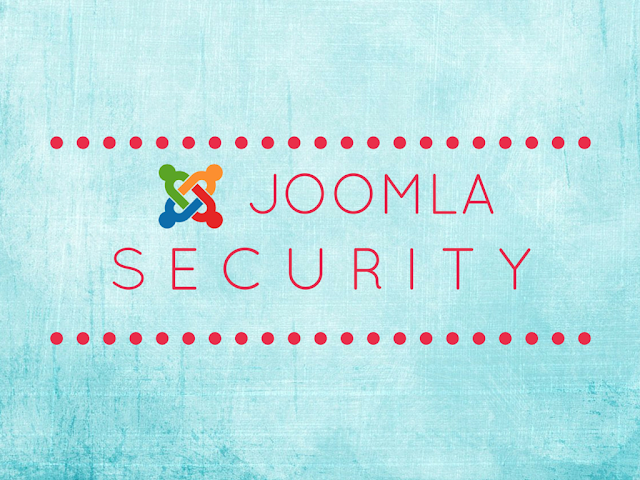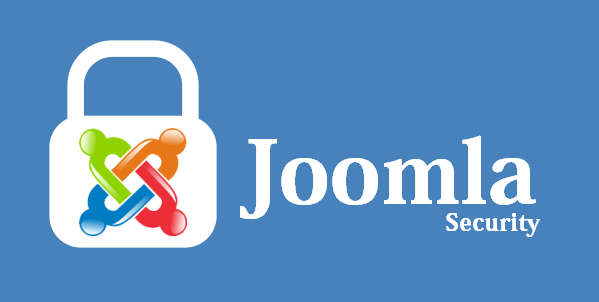
Joomla is an admirable Content Management System, used across the web world. Therefore, most of the hackers try to find out the ways to hack a Joomla websites.
Joomla is a opensource CMS, therefore everyone (including hackers) understand how it works. This makes it challenging to protect it from known vulnerabilities. Most Joomla hacks are caused by well known vulnerabilities that are not patched/fixed by the website owners in time.
If you are also a Joomla user, then you must read this article. Today, we will share the 10 tips that can help you protect your website from hackers and attackers.
Use Strong And Secure Password
It is imperative to use a strong password for your website. Most of the hackers try to guess your passwords by using the list of commonly used passwords. So, make sure to create your password personal but switch letters with numbers or other characters. Don’t try to use a word that is already appearing on your site. Create a password that other people won’t be able to guess.
Change Your Database Prefix
Old versions of Joomla used to install with a database table prefix. Unluckily, hackers know that, and if you leave the default settings, then the hacker will fine-tune their attacks from their end. Thus, it is necessary for you to change the database prefix of your Joomla database tables.
Database hacks are the most dangerous Joomla website hacks because from a hacker can change anything in your website. They can add new pages with links, or can completely take control of your sites email function and also send out hundreds of spam emails in your name.
Choose A Good Hosting Provider
Choose a reliable hosting company that can offer you the safe and secure hosting service. When possible and have enough budget, you must opt for dedicated hosting. However, not every business has big budget therefore you can also use the shared hosting, but if one of the other website on the shared server gets hacked, then your website would also become vulnerable. Well, you can choose the small Joomla hosting companies because they offer the best hosting plans for Joomla sites. Here are some tips: picking the right hosting company for your Joomla website needs.
Change The Joomla’s Administrator Username
Joomla websites take the administrator username as “admin” by default. In fact, most of the people never change this default username, which allows the hackers to get into your website by using this simple “admin” username. So, it is important to change the administrator username as it reduces the chances of hacker guessing your login details. By doing this, you can strengthen your site’s security.
Keep Your Joomla Site And Other Extensions Up-to-date
You should always keep your website updated with the latest versions of Joomla. Usually, Joomla releases a new version in every two months. The latest version is Joomla 3.3.6, offering thousands of exciting features and security tools. With every new release, Joomla comes with some excellent security fixes that can strengthen your site’s security.
Correct File Permission
Joomla is developed with a MySQL database and a huge amount of PHP files. It has been seen that most Joomla hacks affect PHP files, and the files are located in a series of folders that will also contain script files, pdfs, images and videos.
Usually, file permissions of Joomla allow or disallow servers and browsers the ability to see content, write to files and database within the folders.
So it is important that the folder in Joomla should have 755 permissions and the files should have permissions of 644.
Use Two-Factor Authentication
We can say two-Factor Authentication is an extra layer of security for your website that creates a temporary password. If you don’t have the access to password or secret key, then you will not be able to login into your Joomla admin account.
It will be better for you to provide the additional layer of security to your site, as it will improve security against password hacking, key loggers and many other security threats.
You Can Remove Or Delete Unused Joomla Extensions
Many Joomla users test different components, extensions and modules on their website and forget to remove them after using them. Leaving such extensions installed, even if they are disabled, can cause a lot of security issue. So it will be better to remove or delete the unused extensions.
.htaccess To Block Security Exploits Of Joomla
You can use .htaccess to block database and file exploits. You can also hire a professional Joomla developer who can help you in this and offer you the protected and secured website.
Keep A Backup Of Your Site
You should always keep a backup of your Joomla website.. If something went wrong, then you can quickly get back to an older version of your website with ease. In fact, try to find out which extension caused the security issues, and then you can uninstall that one.
In this blog, we explored the top 10 points that will help you protect your Joomla Website. If you want to strengthen your site’s security, then follow these tips.




